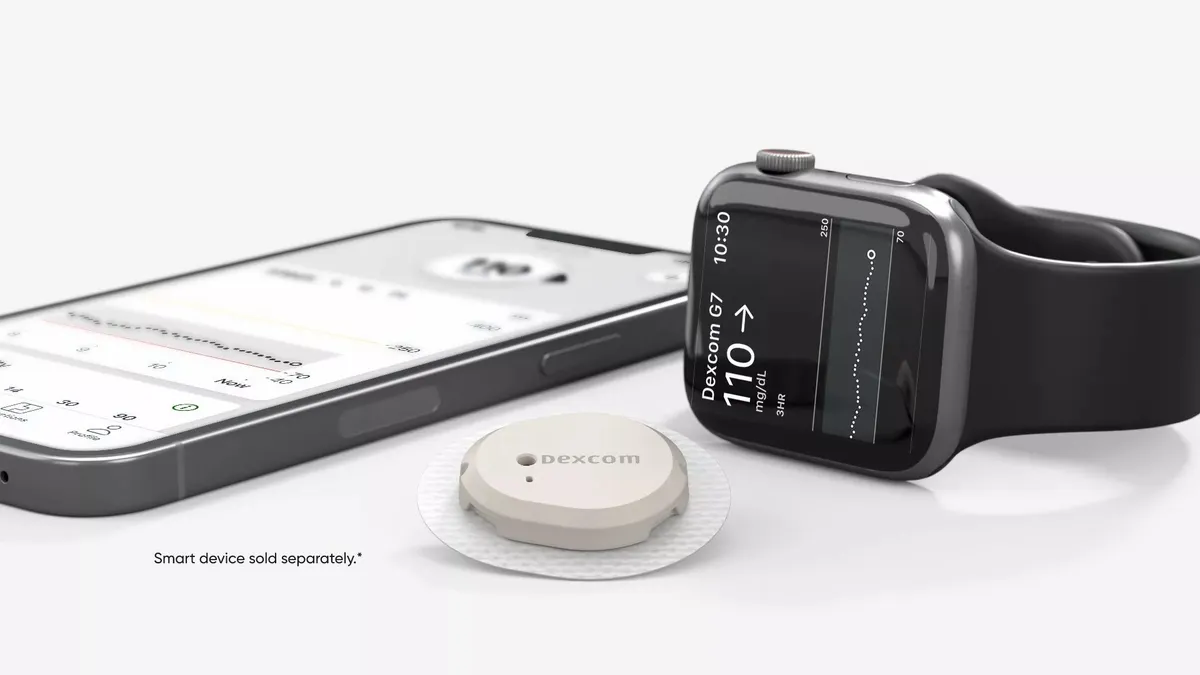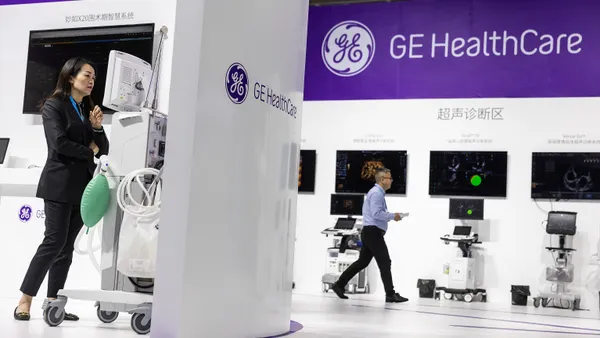Dive Brief:
- England's cost-effectiveness watchdog recommended hybrid closed loop (HCL) systems for the management of blood glucose levels for some people with Type 1 diabetes.
- The National Institute for Health and Care Excellence (NICE) guidance gives people with Type 1 diabetes the chance to access HCL systems, technologies that deliver insulin automatically in response to continuously monitored glucose levels. Partha Kar, national specialty adviser for diabetes with NHS England, said in a Dexcom press release that the guidance gives around 150,000 people access to the technology.
- Dexcom hailed the ruling as a “historic victory,” but manufacturers will need to budge on price to benefit, as NICE stated that the systems will only meet its value criteria if sold at a discount.
Dive Insight:
NICE looked at a range of dosing algorithms, insulin pumps and continuous glucose monitors (CGMs) for the analysis. The list included Medtronic’s Guardian 4 CGM sensor and MiniMed 780G insulin pump and two systems that featured Dexcom’s G6 CGM sensor, including one that uses Tandem Diabetes Care’s pump and algorithm.
To assess if the systems meet its value threshold, NICE averaged the prices of the technologies, resulting in a four-year total cost of 22,735 euros ($24,368) and an average annual cost of 5,684 euros. At that price, the HCL systems are likely to exceed NICE’s target of 20,000 euros per quality-adjusted life year gained.
“The committee concluded that at the current average price, HCL systems are unlikely to be cost effective, but it recognized the potential benefits to people,” NICE wrote. “It concluded that despite the uncertainty, if the companies and [NHS England] agree a cost-effective price for the systems on behalf of the relevant health bodies, HCL systems should be recommended [in certain populations].”
NICE made its recommendation after reviewing clinical-effectiveness evidence that showed HCL systems are likely to improve blood glucose control in Type 1 diabetes. The evidence came from both randomized trials and real-world studies in the English healthcare system. Based on the data, NICE concluded HCL devices are likely most cost-effective in children, pregnancy and people with high blood glucose.
The committee’s cost-effectiveness analyses failed to capture the value of benefits related to reduced mental burden, reduced parent and carer anxiety and improved quality of life. NICE expects those benefits to improve the cost-effectiveness of HCL systems, but it is unsure of the magnitude of the effect.
Preparing to make the case for HCL systems, Dexcom surveyed patients and healthcare professionals. The surveys found that 45% of people with Type 1 diabetes do not understand what an HCL system is or how it could benefit them.










